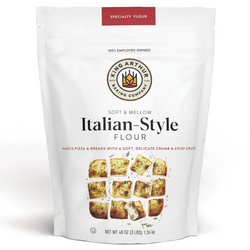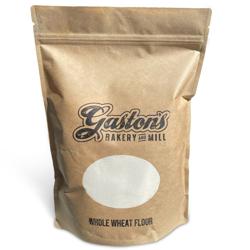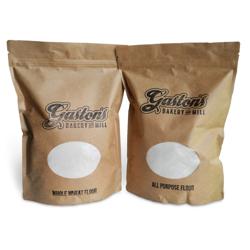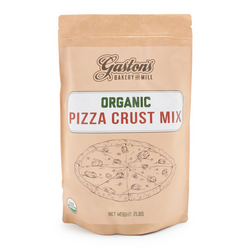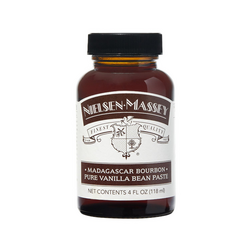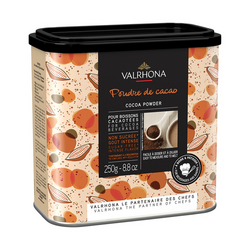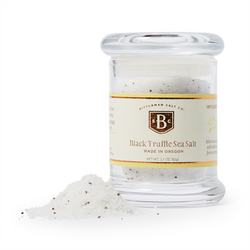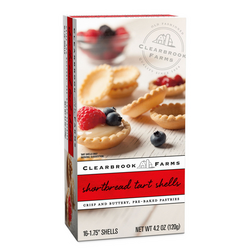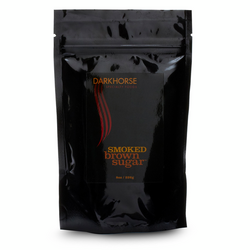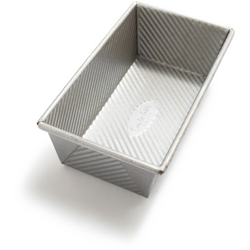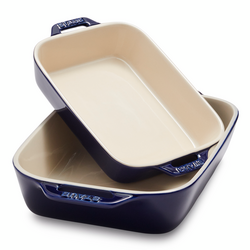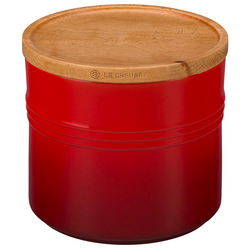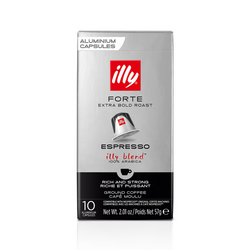-
(6)
Gaston Bakery All-Purpose Flour...Baking with flour is absolutely the best....Works fine for baking but I thought it would have a beautiful nutty flour smell and really level up my baked goods but sadly did not.
Pros: quality, taste, all-purpose
Add to Bag -
Lower in protein than all-purpose flour and mellower, this Italian-style flour from King Arthur yields supple, smooth, and easy to shape dough. The resulting baked goods are light, airy, and have a crisp crust. It's ideal for pizza, focaccia, flatbreads,...
Add to Bag -
Great for home baking enthusiasts, this assortment includes six bags of Gaston’s signature whole wheat flour. Each flour is carefully formulated to produce amazing results and contains only additive-free wheat. Gaston’s flours are milled...
Add to Bag -
(1)
Probably one of the best flours I've ever tried....I bake a lot and I do not care to spend more money to find very high quality flour, but this one takes it to the next level.
Pros: versatility, texture, quality
Add to Bag -
(1)
Gaston’s organic pizza mix makes the best from-scratch pizza crusts thanks to its in-house milling process using only local, sustainable wheat. Each flour is carefully formulated to produce amazing results and contains only additive-free wheat....
Add to Bag
Baking Flour
Baking flour is an essential ingredient in many baked goods. These flours come in a variety of types, each with its own unique characteristics and uses. They are typically made from wheat, but other grains such as rye or barley can also be used. Here are some great options.
Baking Flour
Whether you’re an experienced baker or just beginning to explore the world of homemade bread and pastries, the right cooking flour can transform your results. If you’re stocking your pantry, consider how each flour type fits into your baking repertoire. All-purpose flour covers a wide range of needs, while specialty flours like bread or pastry flour offer more tailored results for specific baked goods. For those with dietary preferences or an interest in heritage grains, whole grain and ancient grain flours provide an opportunity to try new textures and flavors. Baking flour also makes a thoughtful gift for anyone who loves to spend time in the kitchen, from newlyweds setting up their first home to friends who enjoy weekend baking projects. A selection of flours paired with baking tools or a favorite recipe is a personal, practical present that encourages creativity. And if your baking adventures lead you to sweet breakfast treats or desserts, you might want to explore our curated selection of Baking Syrup to complement your creations.
Choosing the right flour is about more than just following a recipe—it’s about understanding how protein content, milling, and grain variety affect the taste and texture of your finished product. A well-stocked kitchen might include a few types of baking flours, ensuring you’re ready for anything from a batch of chewy chocolate chip cookies to a tender sponge cake. As the seasons change and new inspirations arise, experimenting with different flours can open up a world of flavor and texture. Whether you’re perfecting a family favorite, exploring new einkorn flour recipes, or sharing your love of baking with others, the right flour is always at the heart of the process.
Top Picks For Baking Flour
FAQ List
All-purpose flour has a lower protein content than bread flour, which makes it a versatile option for a wide variety of recipes. Bread flour has a higher protein content, which gives it a stronger gluten structure and is ideal for making yeast breads and other baked goods that require a chewy texture.
It depends on the recipe and the flours you are substituting. Some flours can be used interchangeably, while others have unique characteristics that can affect the texture and flavor of the final product. It's best to consult a baking guide or recipe book for specific substitution recommendations.
Flour should be stored in an airtight container in a cool, dry place, away from direct sunlight. This will help prevent moisture and humidity from affecting the quality of the flour. It's also a good idea to label the container with the type of flour and the date it was purchased.
Gluten-free flour is made from grains or other ingredients that do not contain gluten, a protein found in wheat, barley, and rye. This type of flour is ideal for those with gluten sensitivities or celiac disease, but it may require different baking techniques than traditional wheat flour.
There are many alternative flours available, including spelt flour, teff flour, almond flour, coconut flour, and more. These flours can add unique flavors and textures to your baked goods, but may require different baking techniques than traditional wheat flour. It's best to consult a baking guide or recipe book for specific recommendations.

)
